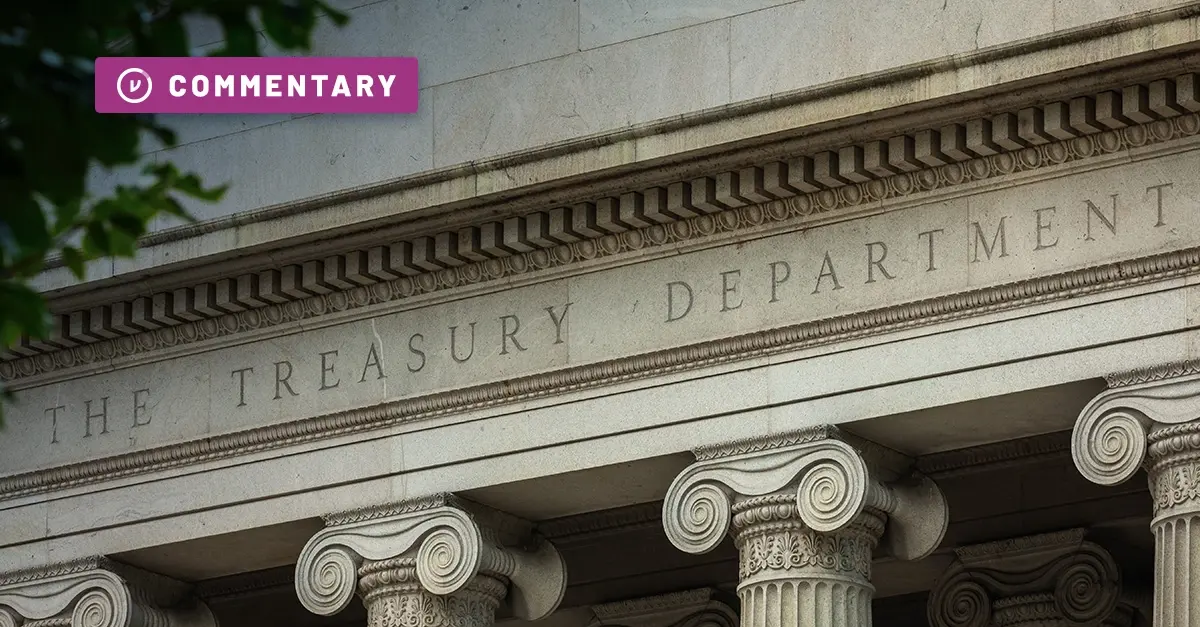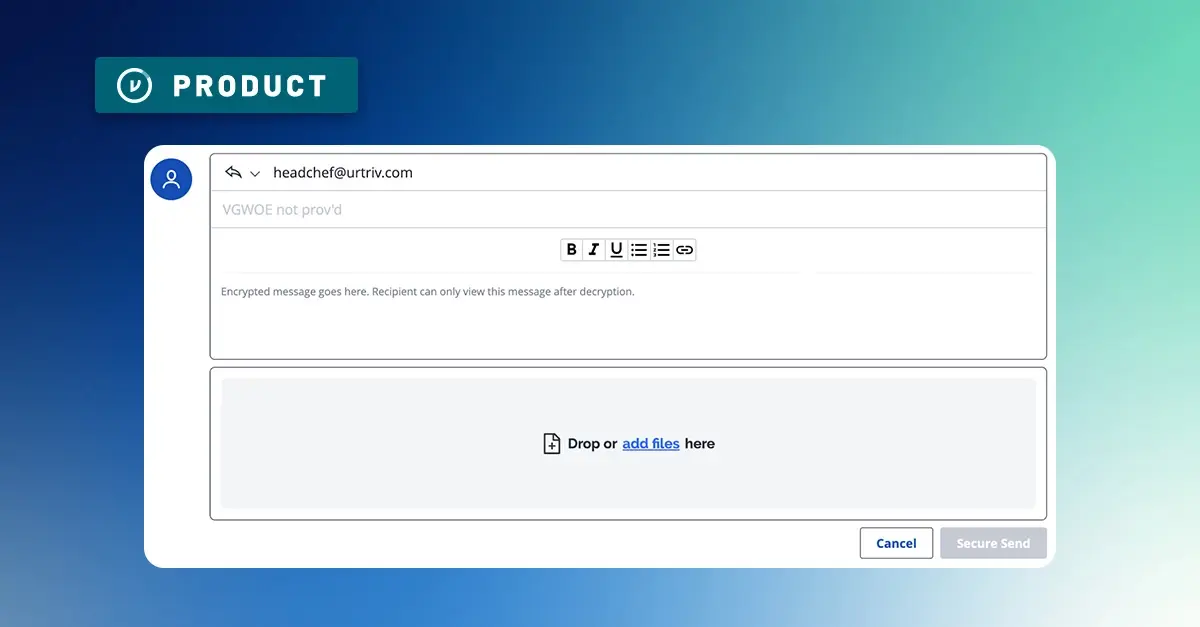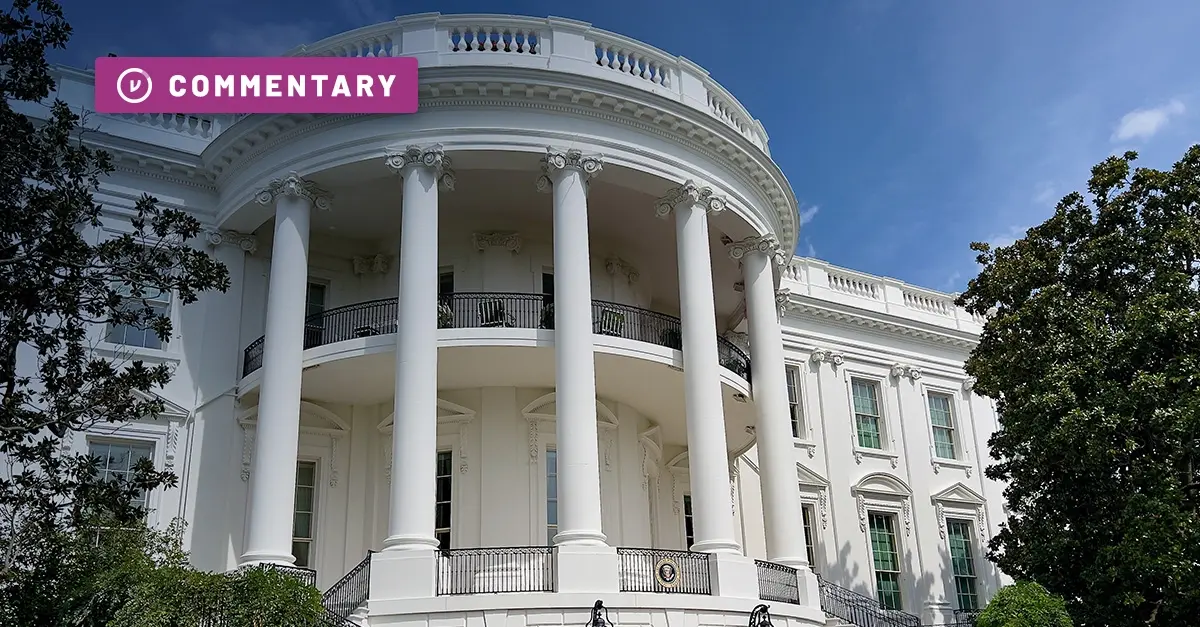When Regulators Become Targets: The Treasury Email Breach and the Banking Trust Deficit


The fox has breached the henhouse—and this time, it's the one guarding our entire financial system. Hackers have penetrated the U.S. Treasury’s Office of the Comptroller of the Currency, accessing 150,000+ emails likely containing sensitive financial intelligence on America's banks.
If you hit snooze on the Salt Typhoon breach - this should be your new wakeup call that traditional, perimeter-centric security measures aren’t enough in 2025.
The Breach: A Financial Regulator's Nightmare
The story broke on April 8th when the OCC, which oversees all national banks and federal savings associations in the U.S., notified Congress of what they clinically termed a "major information security incident." Behind that bureaucratic language lies a troubling reality:
- Hackers infiltrated the email accounts of about 100 senior officials – the very people with their fingers on the pulse of our banking system
- Over 150,000 emails dating back to June 2023 were exposed
- The compromised information included what the OCC described as "highly sensitive information relating to the financial condition of federally regulated financial institutions"
- The identities of the hacker(s) is still unknown; this could be a nation-state attack, or one that was home grown.
The breach was only discovered in February 2025 when unusual activity was spotted between "a system administrative account" and OCC user mailboxes. While the OCC acted quickly once they discovered the intrusion, the damage was already done.
Perhaps most telling was Acting Comptroller Rodney Hood's candid admission of "long-held organizational and structural deficiencies" that contributed to the breach. Translation: this wasn't just bad luck, it was a disaster waiting to happen.
While the OCC hasn't named its email provider, reports suggest Microsoft detected the breach—unsurprising given Microsoft's dominance in government IT with an 85% market share. This breach joins a concerning pattern: the NOBELIUM campaign, the "Storm-0558" incident exposing 25 agencies, and now potentially the OCC.
Each case follows the same playbook—administrative credential compromise that bypasses perimeter security. When a single vendor controls the vast majority of government communication systems, these aren't isolated incidents but symptoms of a dangerous monoculture. The government finds itself "locked in" with limited leverage to demand better security, creating what former White House cybersecurity director AJ Grotto aptly called a "national security threat.”
Recommended Reading: The Microsoft Monoculture: A Single Point of Failure
Why This Matters More Than You Might Think
The Perfect Target: Regulators and Admins as Intelligence Goldmines
Think about it – why hack one bank when you can hack their regulator and get intelligence on dozens? It's like the difference between robbing individual houses versus stealing the security company's master key list. This breach represents a sophisticated evolution in attack strategy, targeting the points of maximum leverage in our financial system.
The breach originated through an administrative account – cybersecurity's equivalent of leaving the master key under the doormat. Despite countless warnings and billions spent on security, administrative credentials remain the holy grail for attackers. And as this incident proves, once they have those credentials, it's often game over.
How Long Were They in There?
While the OCC discovered suspicious activity in February 2025, the emails accessed dated back to June 2023. Ask any security professional what keeps them up at night, and many will tell you it's not knowing how long an attacker might have been inside their systems before being detected. This potential 20-month window of access should send shivers down the spine of any security leader.
A Domino Effect of Distrust in the Financial System
When a bank gets hacked, it's a problem. When a regulator gets hacked, it's potentially a systemic crisis. The OCC indicated in February that there’s “no indication that the incident impacted the financial sector.”
But public trust will be impacted - and the OCC is fully aware, saying the information in the emails that were accessed is “likely to result in demonstrable harm to public confidence.”
A Fracturing Relationship: Banks Begin to Distance Themselves
The fallout from this breach has moved beyond abstract concerns to concrete actions. According to Bloomberg reporting, major financial institutions including JPMorgan Chase and Bank of New York Mellon have already begun scaling back electronic information sharing with the OCC. This unprecedented step reveals a fundamental erosion of trust between banks and their regulator.
What we're witnessing now goes far beyond typical regulatory friction. Major financial institutions have taken the extraordinary step of restricting data flow to their own regulator - a move that would have been unthinkable just months ago. This represents a crisis of confidence in the system designed to ensure financial stability.
Banking executives are particularly troubled by what they perceive as a lack of transparency surrounding the breach. Many institutions reportedly learned critical details through media reports rather than direct disclosure from the OCC.
Industry veterans describe this as a watershed moment in banking regulation that fundamentally alters the power dynamic between institutions and their overseers. With sensitive data about security measures and even classified national security information potentially exposed, banks now face the uncomfortable reality of having to protect themselves from the very agency meant to protect the system.
Time for a New Security Mindset
When Acting Comptroller Hood referenced "long-held organizational and structural deficiencies," he hit on something important. Cybersecurity isn't just a technical problem – it's a mindset problem.
For too long, we've focused on protecting systems rather than information. It's time for financial institutions and their regulators to flip that paradigm by:
- Starting with the assumption that perimeter defenses will eventually fail
- Implementing protection that remains with data regardless of where it travels
- Enforcing granular access controls at the data level – not just the system level
- Building detailed audit trails that track every interaction with sensitive information
- Designing security architectures that assume compromise of administrative accounts
This isn't about buying new security tools – it's about fundamentally rethinking how we protect what matters most.
Recommended Reading: Finance, Fortified: Securing Tax and Treasury Departments
Protect What Really Matters: The Data
The financial sector has historically led the way in security innovation. From being early adopters of multi-factor authentication to pioneering advanced fraud detection, banks have often set the standard for other industries to follow.
Now they face a new challenge: leading the transformation from system-centric to data-centric security. This shift requires not just new technologies but a new security philosophy – one that recognizes that in today's interconnected world, the data itself must be the ultimate security perimeter.
As attackers continue to evolve their strategies, targeting the most valuable and centralized repositories of sensitive information, our defenses must evolve as well. The OCC breach shows us that even those responsible for maintaining trust in our financial system aren't immune to compromise.
The question is no longer whether your organization will face a similar challenge, but whether your most sensitive information will remain protected when (not if) system-level defenses are breached.
The answer lies in making the data itself the center of your security strategy. Because when your data remains protected regardless of location, you've built resilience that no perimeter defense alone can provide.

Shelby Imes
Shelby is the Manager of Content Strategy at Virtru with a specialty in SEO, social media, and digital campaigns. She has produced content for major players in healthcare, home services, broadcast media, and now data security.
View more posts by Shelby ImesSee Virtru In Action
Sign Up for the Virtru Newsletter









